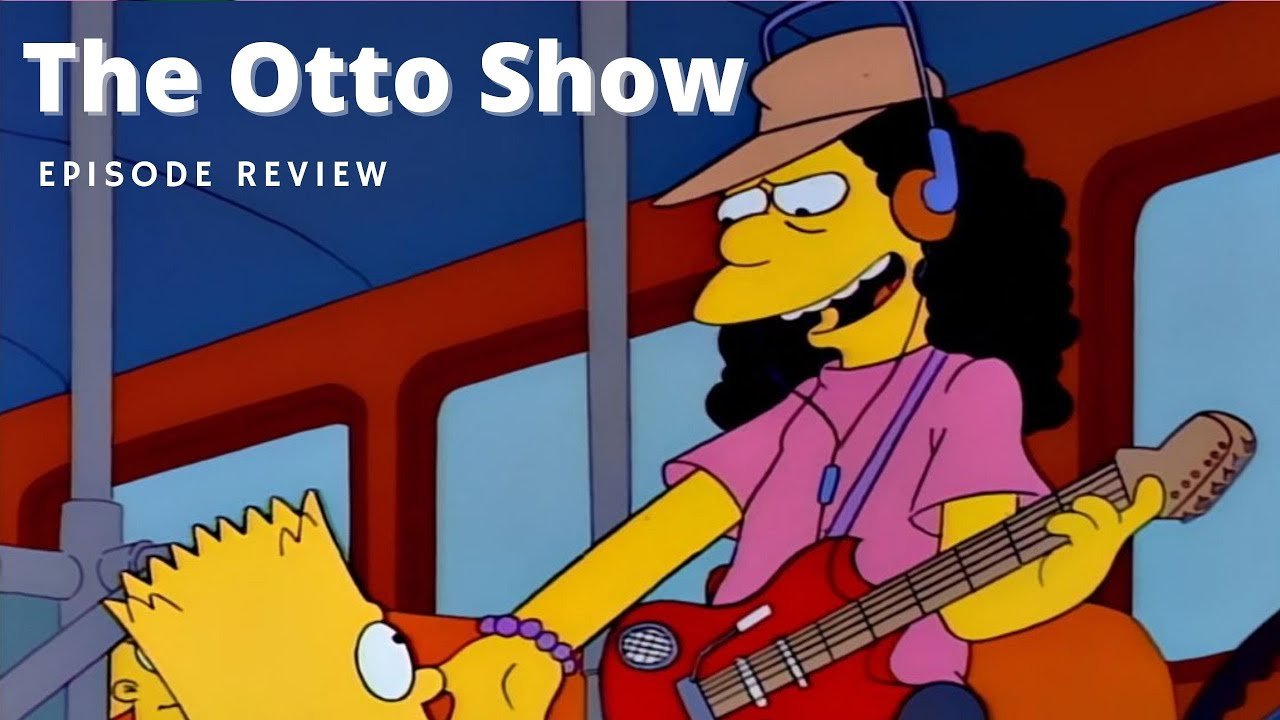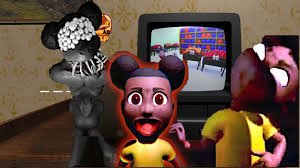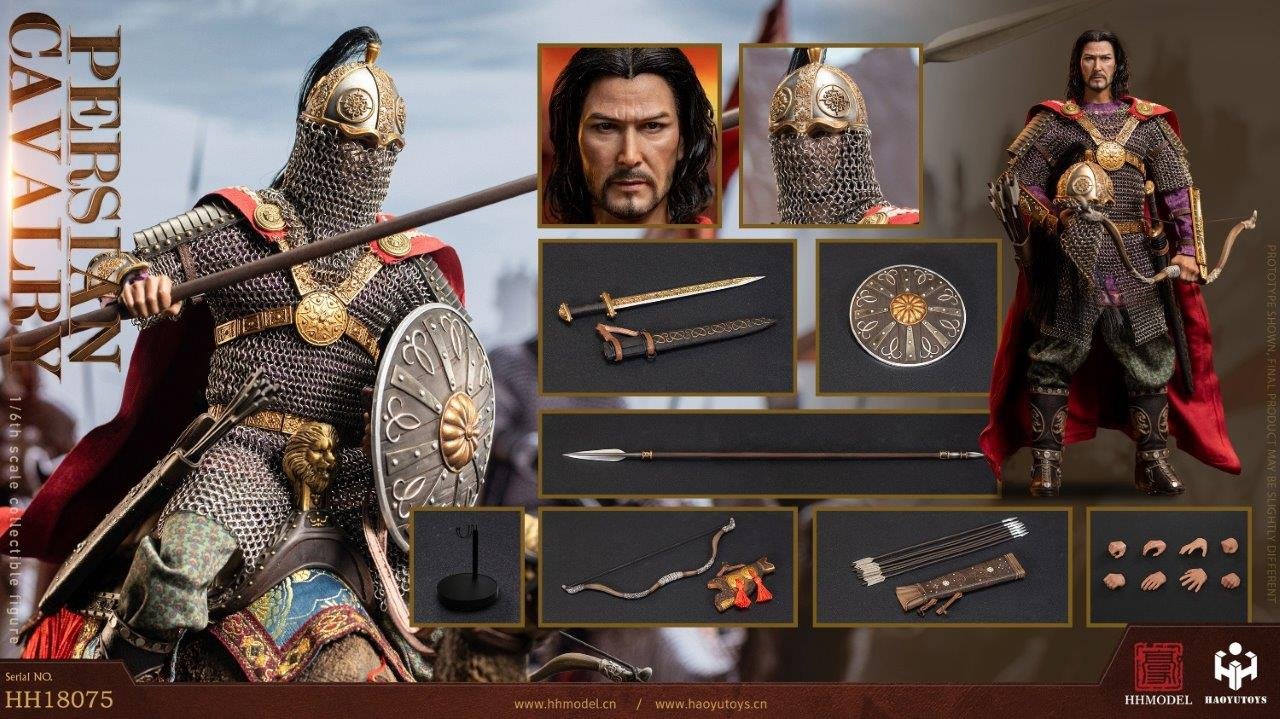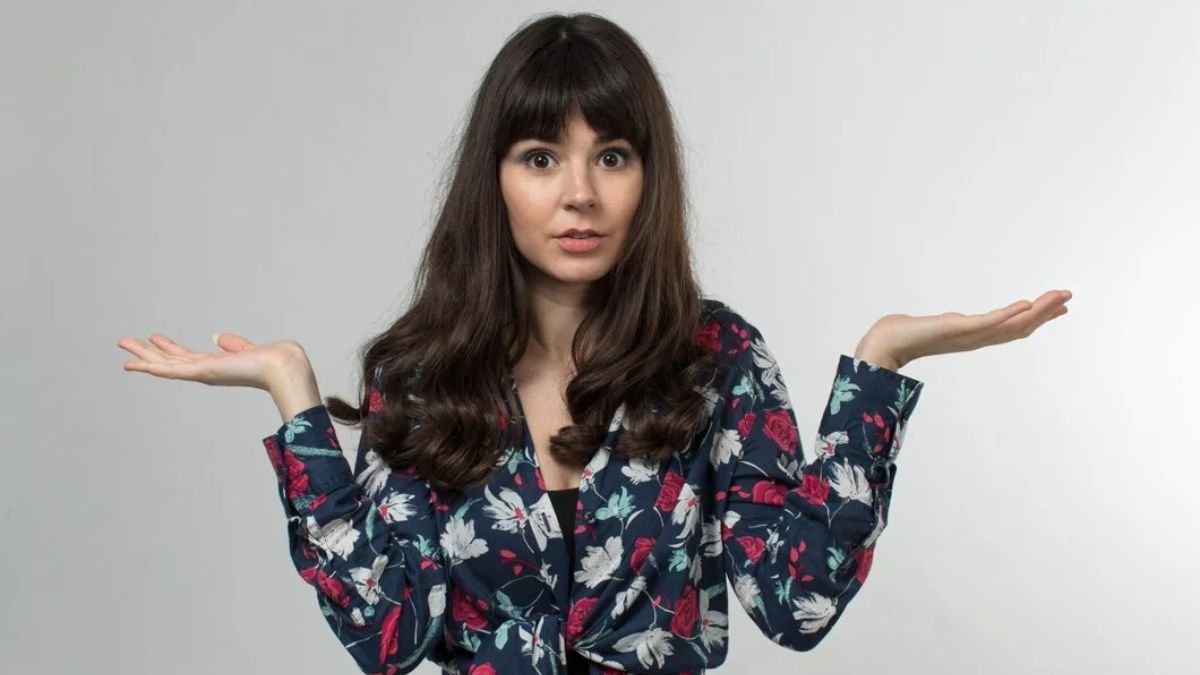Introduction
“The Otto Show” stands out as a memorable entry in The Simpsons canon because it shifts the spotlight from Bart and Homer to a peripheral yet instantly recognizable character: Otto Mann, Springfield’s long-suffering school bus driver. Airing as the 22nd episode of Season 3, this installment blends rock-concert chaos, guest appearances, and the show’s trademark satirical bite to produce both laughs and character beats that stick with viewers. While the plot is compact (a ruined Spın̈al Tap concert inspires Bart to learn guitar; Otto loses his job and briefly moves in with the Simpsons), the episode’s energy comes from strong guest casting, clever cultural references, and an affectionate, slightly bittersweet portrayal of Otto himself.
Plot and key scenes
The episode opens with Bart and Milhouse attending a disastrously staged Spın̈al Tap concert a sequence that lampoons rock excess and live-show unpredictability. Back in Springfield, Bart’s rockstar ambitions prompt Homer and Marge to buy him a guitar, only for Otto to casually demonstrate virtuosity on the instrument during the morning bus ride. Otto’s impromptu performance and subsequent reckless driving lead to a crash and his suspension for lacking a valid driver’s license. Evicted and penniless, Otto drifts into the Simpson household’s orbit, staying in their garage and briefly destabilizing family life before a mix of pride and personal resolve pushes him to retake his driving test. The plot is paced tightly but leaves room for physical comedy (the bus crash), character snapshots (Homer’s forgetfulness at the concert), and the bittersweet touch of an outsider finding temporary refuge in a family that both tolerates and depends on him.
Production, guest stars, and behind-the-scenes notes
Written by Jeff Martin and directed by Wes Archer, “The Otto Show” was the first Simpsons episode to put bus driver Otto Mann in a leading role, and the title itself is a pun (auto → Otto). The episode is notable for reuniting This Is Spinal Tap alumni Christopher Guest and Michael McKean who voice Nigel Tufnel and David St. Hubbins, respectively, while Harry Shearer reprises his Derek Smalls role. That convergence of talent amplified the episode’s musical satire and legitimacy. Production anecdotes include the writers’ negotiation over Otto’s surname and the challenge of clearing musical cues; the episode’s energy grew from both the guest performances and the writers’ ability to weave real-world music culture into Springfield’s comic universe. For viewers and researchers interested in animation production or guest-star effects on sitcom episodes, this one serves as a useful case study in how a single high-profile cameo can elevate a story’s stakes and comedic payoff.
Themes and character analysis
On the surface, the episode is a comedic ensemble piece; beneath that, it’s a portrait of transience and small acts of loyalty. Otto is presented as a lovable drifter: talented, reckless, and emotionally vulnerable. The show balances satire (rock excess, bureaucratic testing, Homer’s well-timed incompetence) with genuine empathy for characters who live on society’s margins. Bart’s admiration for Otto and his determination to help him reflects a recurring Simpsons theme: unconventional family formation and emotional support that falls outside formal institutions. Meanwhile, the Spın̈al Tap disaster sequence reads as affectionate parody not mean-spirited and highlights how adult pop-culture references function to keep the show layered for older viewers without losing younger audiences. This combination of sentiment and satire is a core reason the episode resonates: it gives Otto agency while still mining the character’s flaws for humor.
Reception and cultural impact
When it first aired, “The Otto Show” performed solidly in the ratings and received generally positive reviews for its jokes and special appearances. Critics and fans have pointed to the Spın̈al Tap cameo as a standout moment, and the episode often appears on retrospectives as a memorable example of The Simpsons’ ability to fold real-world entertainers into its satirical universe. Over time, fan podcasts, episode guides, and retrospective reviews have kept the installment in circulation among Simpsons enthusiasts; commentators frequently note that while Otto never became a recurring lead, this episode gave him more texture and a rare emotional arc. Culturally, it’s a small but enduring piece of the larger 1990s animated-sitcom boom that blended pop-culture parody with character moments a formula that helped The Simpsons stay relevant across decades.
Conclusion
“The Otto Show” exemplifies how a 22-minute animated sitcom can do more than land gags: it can expand a universe’s emotional range, leverage smart guest casting, and lampoon cultural touchstones without losing heart. By placing Otto in the foreground, the writers invited viewers to reconsider a background character and in doing so delivered an episode that’s both uproariously funny and unexpectedly tender. For fans of The Simpsons and students of television comedy alike, it remains a strong example of character-driven satire and the creative payoff of occasional cast reshuffles.
FAQs
Q1 — When did “The Otto Show” originally air?
A1 — The episode originally aired on April 23, 1992 as Season 3, Episode 22.
Q2 — Which guest stars appear in the episode?
A2 — The episode features guest appearances by Christopher Guest and Michael McKean of Spın̈al Tap, with Harry Shearer also reprising his Derek Smalls role.
Q3 — Is “The Otto Show” considered important in Simpsons lore?
A3 — While not typically ranked among the very top episodes, it’s regularly noted by fans and critics for showcasing Otto in a lead role and for its notable musical guest cameo.









